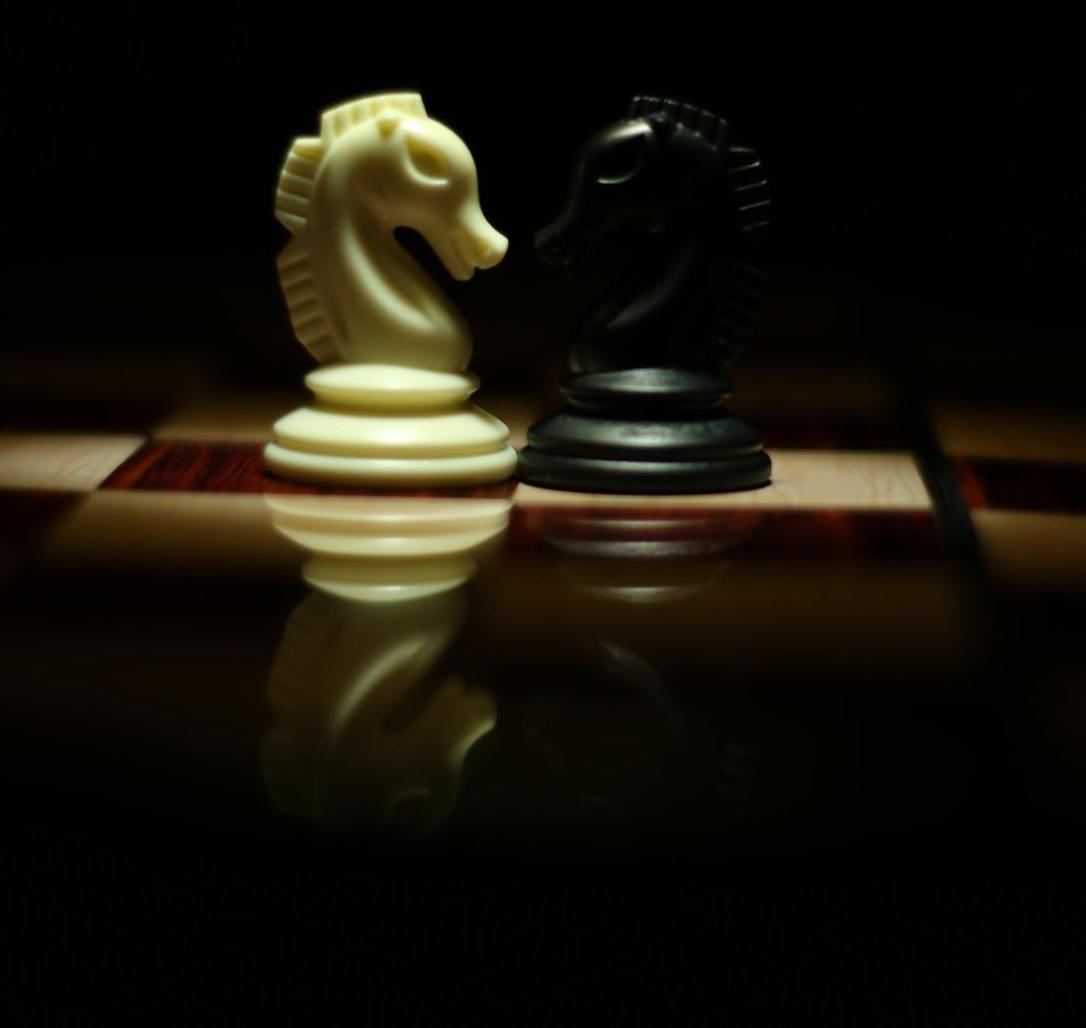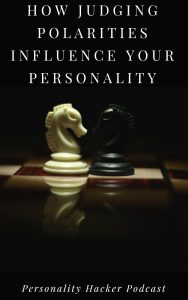Download Episode Here – right click link and select “Save Link As…”
In this episode, Joel and Antonia continue to dive into deep personality type content around the cognitive function polarities, what they are, why they are important, and how they influence your personality. On the last episode they talked about the perceiving polarities. In this “part two” episode Joel & Antonia discuss the Judging Polarities.
To subscribe to the podcast, please use the links below:
Subscribe with iTunes
Non-iTunes Link
Download The Android App
Subscribe on Soundcloud
Subscribe with Stitcher
Subscribe on Google Play
Subscribe with Facebook Messenger
If you like the podcast and want to help us out in return, please leave an honest rating and review on iTunes by clicking here. It will help the show and its ranking in iTunes immensely! We would be eternally grateful!
Want to learn more?
Discover Your Personal Genius
We want to hear from you. Leave your comments below…



Share:
Podcast - Episode 0256 - How Perceiving Polarities Influence Your Personality
Podcast - Episode 0258 - 3 Frameworks To Reflect On Personal Growth
29 comments
This concept comes from a very famous Carl Roger’s quote: “What is most personal is most universal.” It’s the concept that if you understand something that is deeply personal to you, you are touching upon the most human aspects of yourself thus making it the most human aspects of all humans.
Each individual will experience things unique to them (in nuance), but will approximate how others are experiencing it enough to trigger their own relationship to that emotion or style of event.
Fi/Authenticity can feel invalidated, not when people don’t understand their emotion, but when they communicate that stopping production long enough to fully process the emotion isn’t of value. That’s often communicated as “it doesn’t matter,” or “why would you feel that way?” WHY would you feel that way is a communication misnomer. The actual message is – why would you take the time and effort to search yourself to understand the full cocktail of emotions? The same people who make these statements will often be brought to their knees when an emotionally evocative situation overwhelms them, and they have no skills to process that same cocktail.
Fi/Authenticity will recognize the nuance of difference between its own emotion and others, but sophisticated Fi also recognizes that communicating those emotions and getting an approximation in other person (often a result of great art) is sufficient. Which is why Fi doesn’t want understanding, it’s wants validation.
Hope that gets you started on sussing out the concept for your own understanding.
A
As an infj? I’m focusing more on what my body needs ie working out and I really relate to trusting the group dynamic but putting myself down when it wasn’t matching my feelings. Everything else flew right over my head but in time it will sink in. I was reading a debunking article on mtbi. The guy was extremely jealous of Jung. They will give a PhD to any one now a days. Thanks doc. Science is proving what already exists not stroking your ego. Try going outside the box once in a while.
I use this polarity EVERY DAY at work, but what I like is that I have found a way for Te to fuel Fi. At work I use Te (I am a Supervisor) but I essentially use it to help Fi. I use it in strict accordance to help people get more out of their work. It is very tiring but I have found meaning in an overall irrelevant place. I want people to take pride in themselves and have their contributions recognized without just going up and saying “Thanks”. So I take time to understand people and obviously I try to type them, and I use Te for putting people in the “right” places, places where they’d be most happy and most efficient. I fight very hard for all my employees and managers when I perceive them as being overlooked. I absolutely resonated with Joel when he said how seasoning of Te to Fi can be used to get things in the outside world accomplished for other peoples problems and what other people are caring about. etc. I love that part of my job and I have found meaning in my job with the “seasoning” of my polarity. Oh I am an INFP btw.
Hi,
I would be very grateful if you could attempt to clear up an apparent contradiction, which may just be a paradox but until this is clarified to me just sounds confused.
If Fi is about individual experience, how can it also be about ‘universal’ experience? I actually believe that one of the number one ‘sins’ people commit is to assume that other people will experience things like they do, and disregard others experience that differs as invalid. This is basic egocentricity and the cause of much human suffering. I know what it’s like to experience something commonplace like no one else I have ever heard about as a horrible experience, and I can tell you how painful this can be as I felt invalidated in my feelings until I saw a psychotherapist.
I also don’t agree with a statement in your book about Art (in the INFP section) “The Foundation of Art is the expression of universal human experiences”. I actually believe if anything that it is even more important to express minority (emotional or physical) experiences because these are the ones that are most marginalised by others and thus need defending the most, though I would also agree that universal or majority emotional experiences can be universally repressed, so can be just as marginalised in their own way.
I will be very grateful if you would attempt to provide some clarity here, as I think this is a very important subject.
My brother is an ENFJ, and I am an INFJ. He struggles with understanding himself, and I can give him some objectivity. Our Mom was a narcissist, and our Dad is a very passive but loving parent. I have always wondered why that one function made us so different and how these differences made vastly different relationships with our parents. Some of the explanations you gave were a bit confusing while I was thinking about the family dynamics so I will listen again. (Southerners talk slower and think slower. It is hot down here. LOL) After listening to your descriptions, it is now more apparent why our ways clash often. But I will do anything to please him. As an overprotected INFJ child of a narcissistic mother, I was codependent from birth! She tested several times with different results every time…maybe that is a narcissist at play. Thank you for helping me understand myself along with my journey to recovery. Perhaps I won’t be a hermit all of my life.